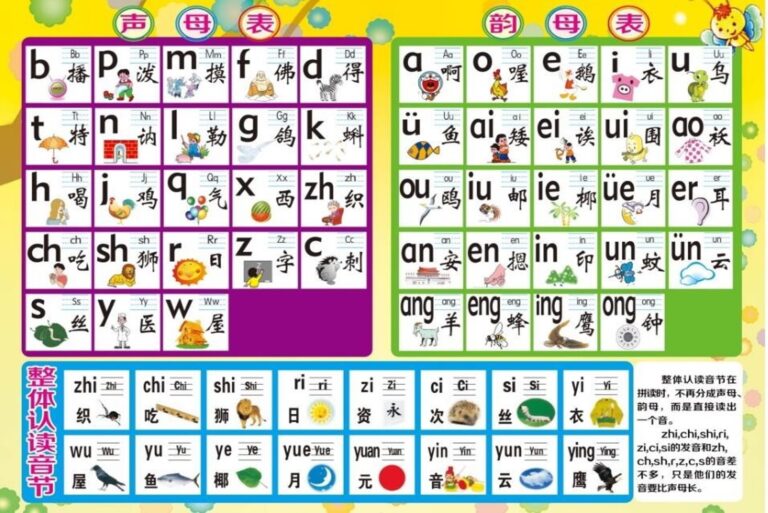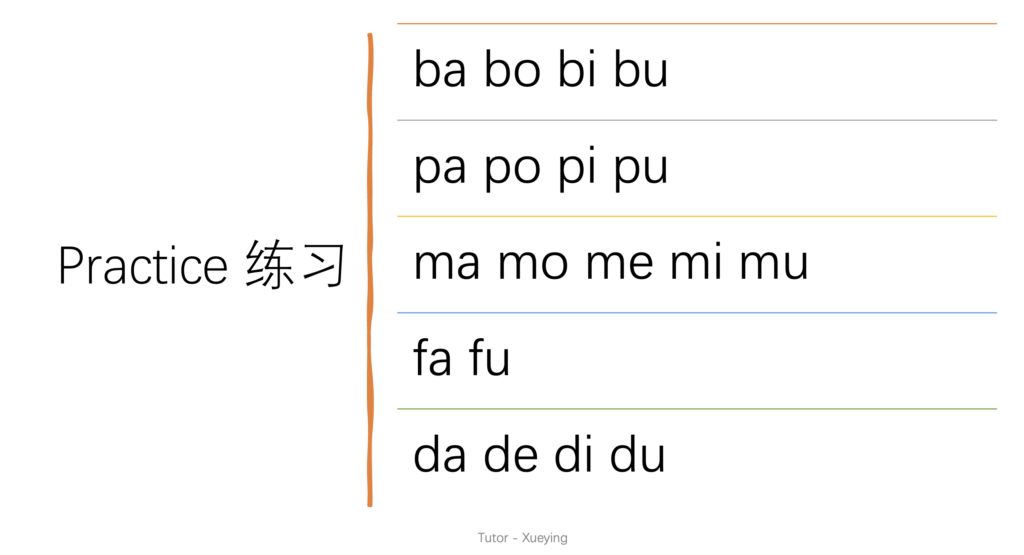

I. Introduction
Starting your journey to learn Mandarin can be both exciting and overwhelming. Among the first hurdles is the decision about learning Pinyin. This Romanization system, designed to help with pronunciation, has its proponents and detractors. So, what’s the real deal?
II. What is pinyin
Pinyin, or Hanyu Pinyin, is the Romanization system for Standard Mandarin. Created in the 1950s in China, it uses the Latin alphabet to transcribe Chinese sounds. Essentially, it’s a phonetic tool that aids in the pronunciation of Chinese characters, making it easier for beginners to read and speak Mandarin.
III. The Function of Pinyin for Non-native Speakers
Pinyin serves several crucial functions for non-native speakers:
-
- Pronunciation Aid: It helps learners grasp the correct pronunciation of Mandarin sounds, which can be quite different from those in their native language.
-
- Reading and Writing: Before mastering Chinese characters, learners can use Pinyin to read and write Mandarin.
-
- Dictionary Use: Pinyin is essential for looking up words in a Chinese dictionary.
-
- Tech-Friendly: It allows for easier typing of Chinese characters on keyboards and mobile devices.
IV. Why Some People Think Learning Pinyin Is Not Important
Despite its benefits, some argue against the necessity of learning Pinyin. Here’s why:
-
- Over-reliance on Pinyin: Critics believe learners might become too dependent on Pinyin, delaying the mastery of Chinese characters.
-
- Not Used in Daily Life: Pinyin is important when just starting to learn Mandarin Chinese. Native Chinese speakers rarely use Pinyin in daily communication, so its practical use is limited.
-
- Time-Consuming: Learning Pinyin adds an extra step in the language acquisition process and sometime it makes a little boring, which some prefer to skip to focus directly on characters.
V. How to Learn Pinyin and Where to Learn
If you decide Pinyin is essential for your Mandarin learning journey, here’s how you can effectively learn it:
-
- Online Resources: If you need personalised lessons to help improve your own pronunciation, try to have a look these popular websites: Preply, italki, Varsity Tutors etc.
- Online Course: If you are a busy bee, could try some online courses that help you to improve and repeat: Udemy, Skillshare, Superpeer etc.
-
- Apps: Mobile apps like Duolingo, HelloChinese, and Pleco integrate Pinyin learning with other language skills.
-
- Books and Workbooks: Texts like “Chinese Made Easy” and “Integrated Chinese” include Pinyin sections.
VI. Conclusion
To sum up, while the necessity of learning Pinyin can be debated, its benefits for beginners in mastering pronunciation and easing into the language are significant. By providing a bridge to understanding Mandarin sounds and aiding in reading and writing, Pinyin proves to be an invaluable tool in your language learning toolkit. Whether or not to focus on Pinyin ultimately depends on your learning goals and preferences. Happy learning!
In this blog, we will delve into the origins of Cantonese, explore its cultural significance, and understand how it stands distinct from Mandarin. READ MORE
China’s Mid-Autumn Festival, also known as the Moon Festival, is a nationwide celebration with a rich history and unique traditions. In this article, we will delve deep into the history, origins, and celebratory customs of the Mid-Autumn Festival to gain a better understanding of this ancient cultural extravaganza. READ MORE
